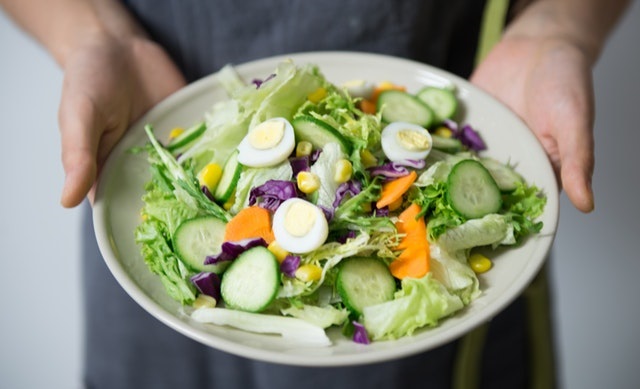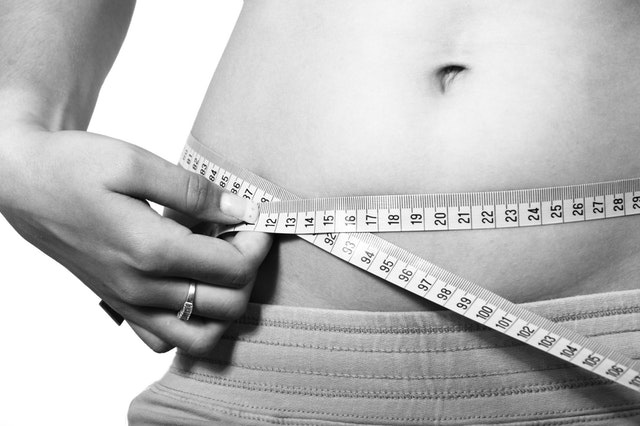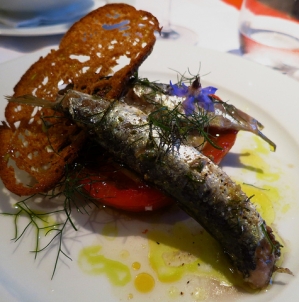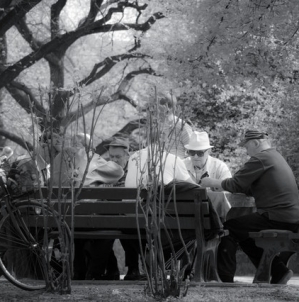5 Lifestyle Tips to Lower High Blood Pressure
Treating high blood pressure is, of course, a priority to reduce the likelihood of life-limiting conditions such as heart attack, stroke or kidney disease, but medications sometimes cause unwanted side effects. While headaches, dizziness and stomach upsets are certainly less serious than the potential complications of high blood pressure, many patients would prefer to avoid taking medication if possible. Furthermore, as lifestyle choices are associated with increased blood pressure, it makes sense to live in a more moderate way – and often a little determination is all that is required.
Slim Your Waistline
The association between weight gain and higher blood pressure is well-known, particularly the accumulation of belly fat that is commonplace in later life and in patients who have higher levels of insulin resistance. As increased weight is known to directly cause a rise in blood pressure, shedding the pounds can also help to bring blood pressure back to normal levels.
In fact, losing weight is one of the most effective lifestyle changes. Low blood pressure is common in the Mediterranean, in part because of the local diet, so cut back on sugary foods, dairy, and red meat and increase your intake of fruit and vegetables, cereals, nuts, seeds and starchy carbohydrates. Adding olive oil to your food, or even drinking a small amount daily, can also help.
Enjoy Regular Exercise
Regular exercise can help to lower your blood pressure, but it’s important that you enjoy some physical activity every day as your blood pressure will rise when you stop exercising. Thirty minutes a day is ideal and doesn’t need to be too strenuous: vigorous walking, light jogging, cycling or swimming will help to lower blood pressure or to prevent hypertension if blood pressure levels are only slightly elevated.
Strength training can also be beneficial – not pumping weights in the gym, but gentler muscle building activities such as Pilates. If weight-lifting is your thing, it could also help but seek professional advice before starting a demanding fitness regime.
Cut Back On Salt
Salt is a well-known cause of increased blood pressure, but it’s not too late to reduce your sodium intake if you’ve been diagnosed with the condition. Even cutting a small amount of salt from your diet can have positive effects.
Aim for less than 1,500mg of sodium per day but beware of hidden salt in your diet. It’s easy to refrain from adding salt to your dinner by using spices or herbs to add flavour, but it’s commonly used in processed foods. Check food labels carefully and cook from scratch where possible.
If you find it difficult to adjust to having less salt in your diet, try to cut back gradually. Every reduction you make will help to lower your blood pressure.

Limit Your Alcohol Intake
In lesser amounts, alcohol can help to regulate blood pressure but drinking larger amounts on a regular basis can have the opposite effect, as well as preventing the medication from working properly.
Women should limit their intake to one drink per day, with a maximum of two drinks recommended for men. As a guide, one drink is a glass of wine or a pint of beer.
Keep Calm And…
Stress can have many negative effects on your life including increasing your blood pressure, especially if you resort to eating unhealthy foods, smoking or drinking alcohol.
Identifying the cause of stress is always the first step before taking decisive action to improve the situation. This is sometimes harder than you expect, so use the support of family, friends, your GP or counsellor: talking is often the most important factor in helping to eliminate stress. If the cause of your stress can’t be changed, make time every day to enjoy some relaxation such as yoga, tai-chi, meditation or massage to help you to manage your daily life more calmly.
Reducing your blood pressure is achieved over time with some dedicated approaches to moderating your lifestyle. It doesn’t mean eliminating everything enjoyable from life, but living a more balanced and measured existence in the knowledge that you’re giving yourself the best chance of a longer and healthier life.













